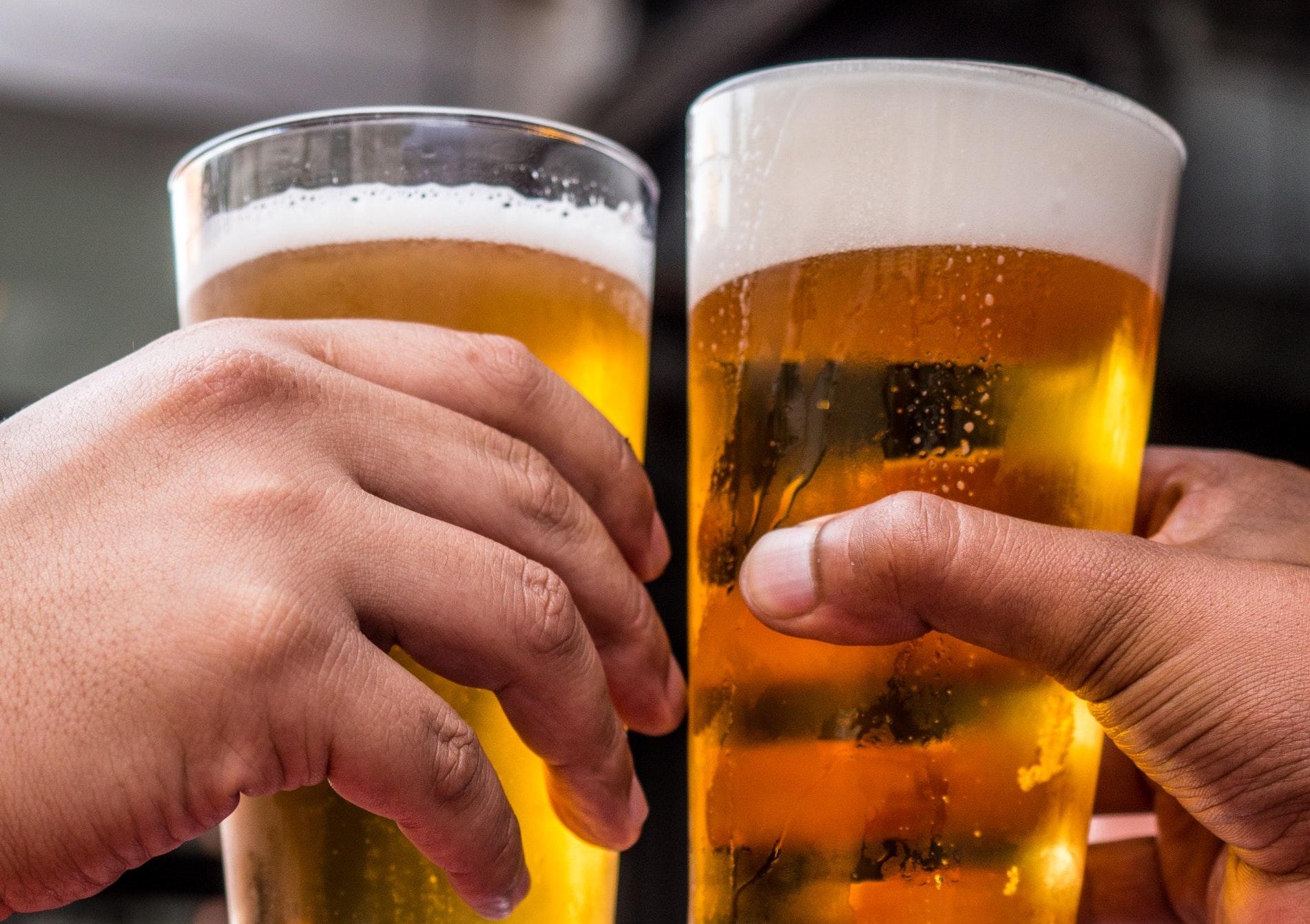Home brew banned at Aussie Antarctic stations in diversity push
Numbers of women in Antarctica are increasing and authorities want them to 'feel safe', so bases are turning to Italian cafe culture instead of the amber nectar.
Just In
For years, Australian Antarctic scientists have passed down the arcane knowledge necessary to concoct the best home-brewed beer in sub-zero conditions.
Despite it becoming easier to transport commercially-made alcoholic drinks to frozen bases over time, the craft of home brewing continued.
But Canberra has now rung the final bell on that particular tradition and home brewing will be banned on Australian Antarctic stations, ABC News is reporting.
The policy is aligned with the current federal government health guidelines, which recommend consuming no more than 10 standard drinks of alcohol a week.
Home brewing will be banned and imported alcohol monitored and rationed.
Australian Antarctic expeditioners will now be limited to 10 standard alcoholic drinks a week.
The Australian Antarctic Division (AAD) says the new policy is part of its responsibility to provide safe, healthy and productive workplaces.
The incoming AAD policy “recognises the need to create a comfortable and safe community atmosphere on research stations, with the ability to have a drink while engaging socially and to celebrate special occasions,” the division’s director, Kim Ellis, said.
He emphasised that the policy was not a response to any particular incidents, but to the risks associated with living in Antarctica and the difficulties management encounter controlling consumption, hygiene standards and alcohol content.
“Antarctica is a unique environment – it’s incredibly cold and incredibly harsh – and very small mistakes can lead to very big consequences,” he said, adding that the ban is an important part of making stations safer.
The new policy, which will come into effect next summer, sets out the volume of alcoholic beverages that expeditioners can take to Antarctica as seven cans of full-strength beer per week or 1.5 bottles of wine, or half a bottle of spirits.
“Over the years, the amount of home-brew being made had just got more and more, and my job is to provide a safe operating environment. We’re really working at the moment on diversity and equity in the program,” Ellis told ABC News.
“The sad truth of it is alcohol makes people lose inhibitions and I am determined that women in our program should feel safe, and part of that is providing an environment where alcohol is controlled.”
Ian McLean, a satellite equipment officer, said he was “appalled” by the new policy.
“People falling down drunk? If that’s happening it’s not an alcohol issue, it’s a station management problem,” he said.
Ellis said the AAD had plans to build a cafe for expeditioners, inspired by what he had seen at an Italian Antarctic station last year.
While the Italian station allowed its expeditioners to enjoy alcohol, the social structure revolved around a cafe.
“It’s got a coffee machine, it’s got a whipped ice cream machine, a slushy machine, biscotti, chocolate, a tea bar. So we’re going to shamelessly copy that.”
Ellis said healthy snacks would also be available, and there were plans to expand cooking and baking courses which were already offered by the AAD’s chefs.
It remains to be seen how Aussie polar explorers will react to an evening of Italian cafe culture after a tough day on the ice.
Subscribe to our newsletter
To be updated with all the latest news and analyses daily.
